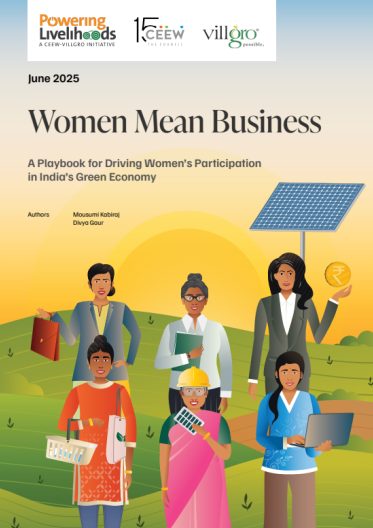“In 2019, IFC, in partnership with the Government of Canada, launched the five-year Energy2Equal program to increase research and stimulate greater women’s participation in the energy sector. As part of Energy2Equal, IFC commissioned the international consulting firm, Econoler, to conduct a workforce study to assess the opportunities and challenges women face in working for private RE providers in SSA.
This study found that women comprise about a quarter of company board members, executives, and managers in the RE sector. While women comprised about one-third of RE sector workers, they were largely concentrated in corporate support functions. Only 13 percent of women had higher-paying science, technology, engineering, and mathematics (STEM)-related jobs, and 16 percent held non-STEM, technical positions.
Social norms, gender stereotypes, a lack of supportive company policies and practices, and legal barriers in some countries contribute to the lack of qualified women in technical roles and reduce the kinds of opportunities that women can pursue.
Companies can do more to strengthen the talent pipeline of women in the sector, including providing strong leadership from the top to embed gender equality in the corporate culture. Workplace policies and practices can also be strengthened to attract, retain, and promote more women.”
